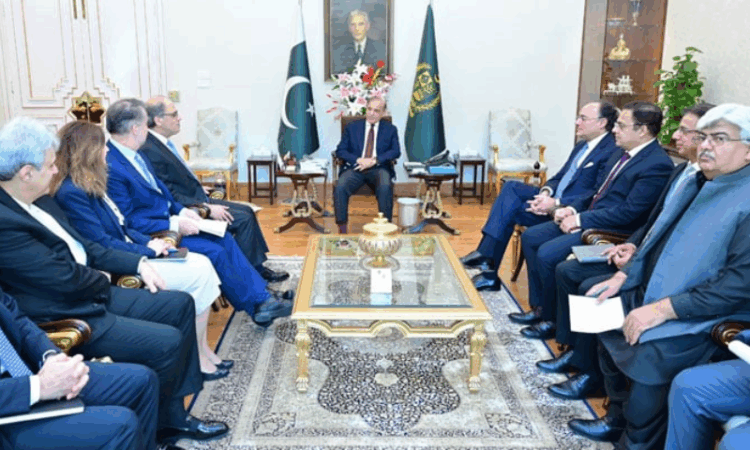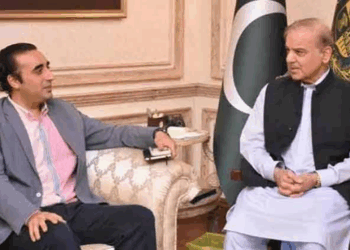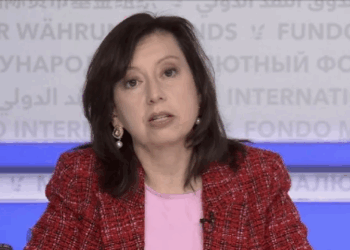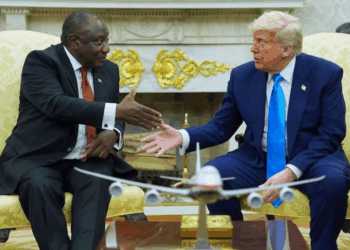Islamabad, May 22, 2025: Prime Minister Shehbaz Sharif on Thursday reaffirmed his government’s commitment to accelerating institutional and macroeconomic reforms, as part of efforts to sustain Pakistan’s economic recovery and growth trajectory.
The assurance came during a meeting with an International Monetary Fund (IMF) delegation led by Jihad Azour, Director of the IMF’s Middle East and Central Asia Department, who called on the Prime Minister in Islamabad.
“Pakistan is moving from economic stability towards sustainable growth,” the Prime Minister stated, expressing confidence in the direction of the country’s economic management.
Discussions during the meeting centered around the ongoing IMF-supported programme. Both sides expressed satisfaction with the progress of economic reforms and their positive impact on key macroeconomic indicators. The IMF delegation reiterated the Fund’s support for Pakistan’s efforts to stabilize its economy and implement critical reforms.
While progress was acknowledged, key proposals from the IMF for the upcoming federal budget sparked sensitive discussions—particularly regarding taxation on agriculture inputs.
According to reports, the IMF has recommended increasing the Federal Excise Duty (FED) on fertiliser from 5% to 10%, and introducing a 5% FED on pesticides. These measures, the Fund suggests, could generate an estimated Rs30 to 40 billion in revenue in the next fiscal year.
However, Prime Minister Shehbaz, alongside his economic team, is actively lobbying to either avoid or soften these proposed taxes. The government argues that such levies would unfairly burden the agriculture sector at a time when it is already grappling with high input costs and climate-induced challenges.
The Prime Minister’s position is further strengthened by the planned implementation of the Agriculture Income Tax (AIT), set to come into effect from July 1, 2025. While precise revenue projections remain uncertain, preliminary estimates suggest the provinces could collectively generate Rs40 to 50 billion through AIT in the short term.
“The AIT will already create a new revenue stream from the agriculture sector,” a senior official said, adding that additional taxes on fertilisers and pesticides could undermine food security and inflation control efforts.
Beyond the farm sector, broader tax reform proposals were also discussed during the IMF visit. These include introducing a unified turnover-based threshold for income tax and GST registration—a move aimed at harmonizing tax collection across sectors and ensuring equitable taxation of all sources of income, including sectors traditionally under-taxed.
On Wednesday, Jihad Azour also held a separate meeting with Finance Minister Mohammad Aurangzeb at the Ministry of Finance to discuss final contours of the upcoming budget and coordinate expectations for the next phase of the IMF programme.
As budget negotiations enter the final stretch, the government is walking a tightrope—balancing IMF benchmarks with domestic political and economic realities, particularly in the run-up to the new fiscal year.








